
Curiosity Killed the Gamer: Why Games Love to Punish Exploration
BLOG
Drez
7/16/2025

Let me start by asking you a question: have you ever walked into a movie theater and been punished for looking at the background scenery? Of course not. Because movies, like novels or music albums, encourage exploration. Games, though? Games will slap you across the face for daring to wander off the beaten path. It's bizarre. It's sadistic. And somehow, I keep coming back for more. Take Skyrim, for example. Skyrim’s entire marketing pitch was, "See that mountain? You can climb it." But they conveniently forgot to mention the hordes of frost trolls and dragons waiting to obliterate your naive ass the second you veer slightly off course. Exploration here isn’t a whimsical, poetic Walt Whitman experience, it's a death sentence disguised as scenic tourism. And yet, we keep trying. Why? Because we're stubborn, curious masochists. And games like Skyrim know exactly how to exploit that.
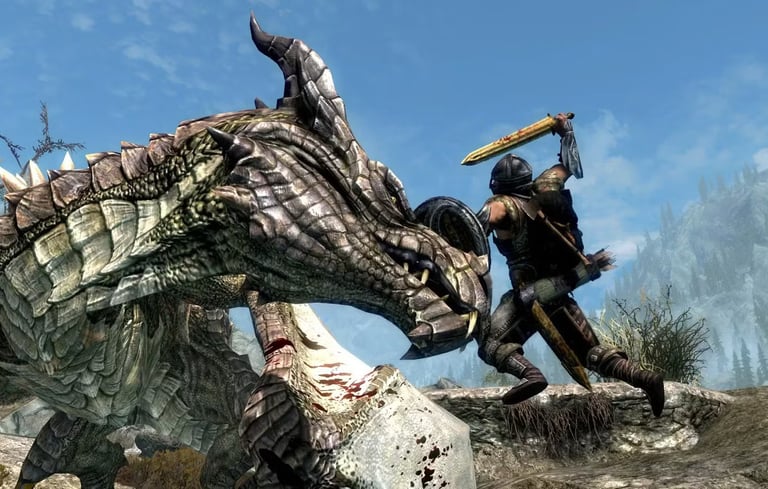

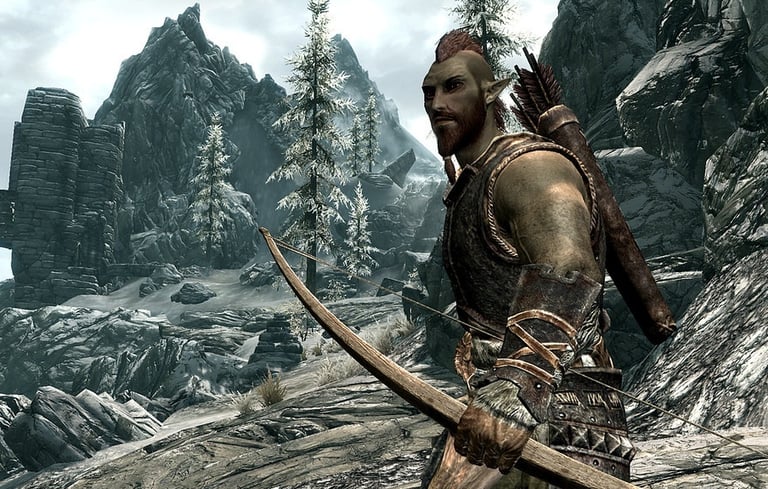

From Software Hates Your Curiosity, and You Love It
Let’s talk Dark Souls. And Elden Ring. And basically every game From Software has ever made. These are titles designed to actively mock your curiosity. Ever spot a tempting little alcove in Elden Ring and think, "Oh hey, that looks cool!" only to get annihilated by a gigantic crab leaping from beneath your feet? Yeah, same. It’s like From Software takes immense pleasure in luring you into the alleyway of false hope and beating you senseless with the baseball bat of reality. Yet, every "YOU DIED" screen only strengthens our resolve. Did you know From Software intentionally places powerful enemies right around hidden corners to punish explorers? In a 2017 interview, director Hidetaka Miyazaki admitted he views death as a teaching tool. Yeah, Hidetaka, thanks, I definitely needed another lesson in humility. But jokes aside, these deaths are actually vital to the game's allure. Each brutal lesson embeds itself deeply into your psyche, creating a strange Stockholm Syndrome-like attachment. You curse, you rage, you slam the controller down (hopefully onto something soft), but eventually, you come crawling back, curious about the next horrifying surprise waiting just around the corner. Side note: If you're into From Software punishment and lore, check out VaatiVidya’s YouTube channel. It's fantastic, even if it makes you question your gaming sanity.
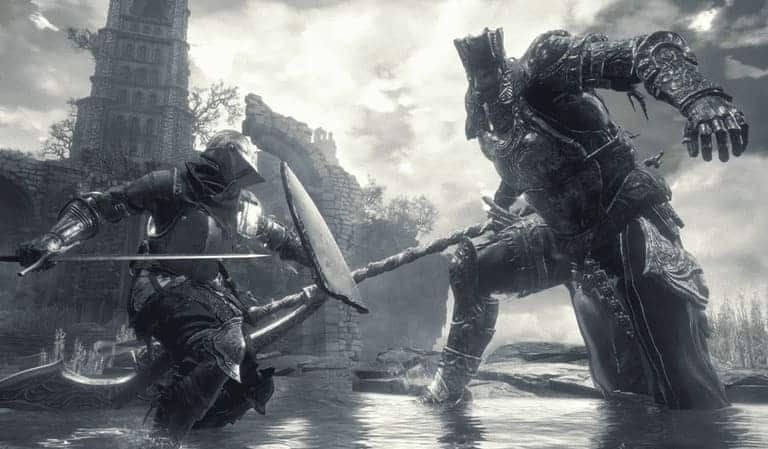

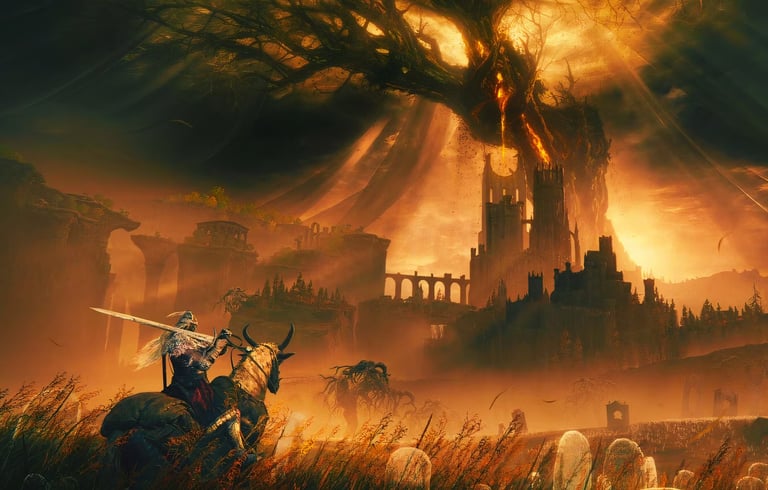

The Ubisoft/BioWare Illusion of Exploration
Ubisoft and BioWare games represent the complete opposite philosophy, they don't punish your curiosity by killing you instantly. Instead, they slowly bore you to death. Ever climb a tower in Assassin’s Creed only to reveal more towers that need climbing? It’s exploration reduced to busywork. Ubisoft worlds are beautiful facades built on repetitive tasks, like doing laundry except with more eagle screeches. Don’t get me wrong. I’ve sunk shameful hours into Far Cry and Assassin's Creed. But at some point, you start questioning your life choices, and that's not exactly the existential revelation you want mid-game. BioWare, on the other hand, loves to pretend exploration matters. Mass Effect and Dragon Age give you these sprawling galaxies and continents filled with lore, yet most side content boils down to fetch quests. Did you know Mass Effect Andromeda’s side quests were mostly written in just three months? Suddenly, the monotony makes perfect sense. When your "exploration" culminates in fetching 10 alien potatoes for an NPC named Zorg, you realize BioWare is less interested in rewarding your curiosity than padding their runtime. But damn it, I still collected every alien potato because that’s the type of sucker I am. For a great (and brutally honest) deep dive into the design issues behind BioWare’s recent titles, Jason Schreier’s articles at Bloomberg offer some genuinely fascinating (and depressing) insight.
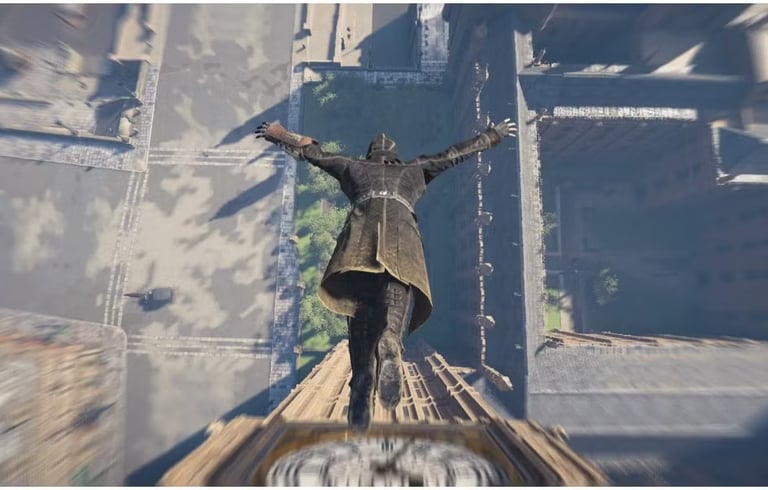

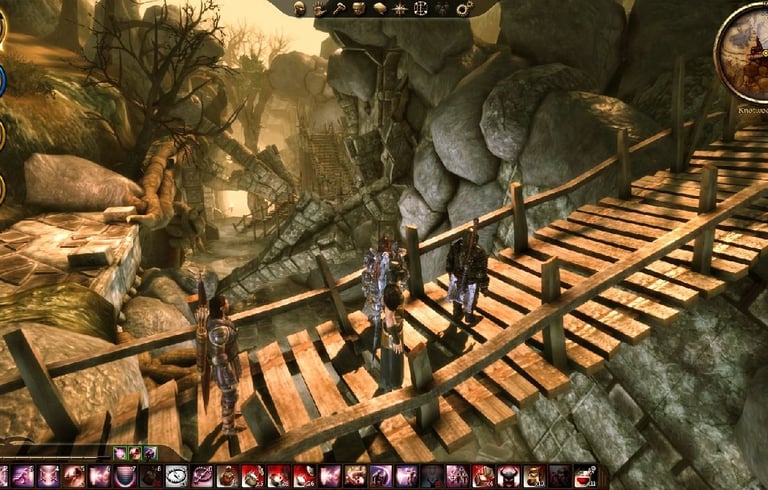



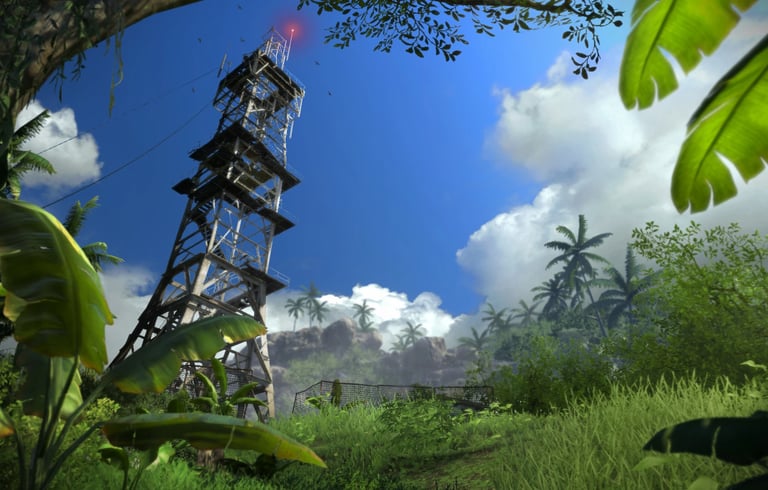

Why Do Games Keep Doing This?
Why do games keep baiting us with exploration only to punish or bore us? Because it works, we’re part of the problem. Humans are naturally curious creatures; it's why we explored continents, oceans, and space. Game designers exploit that instinct, sometimes brilliantly, sometimes lazily. Either way, it keeps us engaged. It’s the emotional equivalent of eating spicy food, it hurts, but we keep coming back for more because we’re wired to enjoy the pain. Games are uniquely positioned to deliver this kind of twisted psychological interplay. Did you know studies suggest humans release dopamine when exploring new areas, even digitally? Our brains actively crave novelty and risk. That's why every Dark Souls death or Skyrim troll ambush doesn’t deter us. It fuels us. It’s a delicate balance between frustration and triumph, boredom and exhilaration. Ubisoft might bore us, From Software might brutalize us, but both approaches keep us hooked in their own twisted ways. If you’re curious about the neuroscience behind this phenomenon, check out "Your Brain on Video Games" by neuroscientist Daphne Bavelier. Prepare to feel both smart and slightly manipulated. Games might be the only medium sadistic enough to actively punish you for exploration, but weirdly enough, that's part of their charm. We willingly subject ourselves to digital torment because, somewhere deep down, we crave the challenge, the mystery, and yes, even the occasional boredom. It's part of gaming’s unique narrative voice. Movies can't punish your curiosity. Books won't slap your wrist for reading a footnote. But games? Games offer a conversation, sometimes hostile, sometimes dull, but always uniquely interactive.
Drez